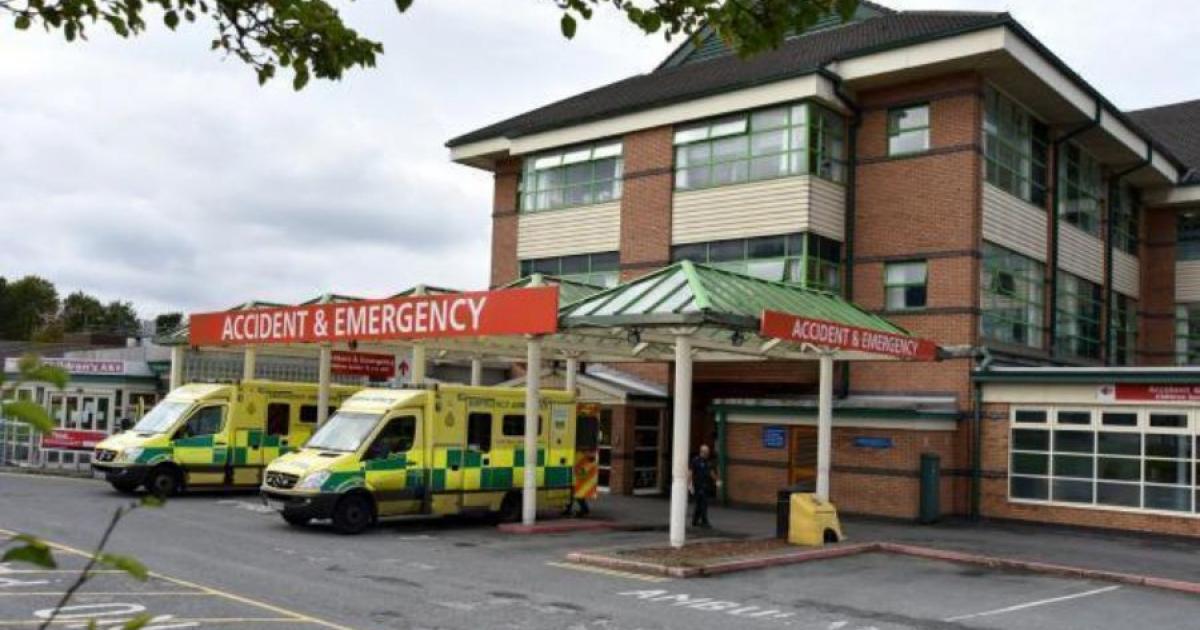New data shows hundreds of patients have benefited from potentially lifesaving changes to their care thanks to its rollout.
Martha’s Rule is an NHS policy that lets patients, families, carers, or staff call for a rapid, independent review by a critical care team if they believe someone’s condition is getting worse and not being properly addressed.
Between September 2024 and June 2025, there were 4,906 calls made to Martha’s rule helplines to escalate concerns about care leading to 241 potentially life-saving interventions being triggered.
The positive results from the first year have led the NHS to expand its use to an additional 67 sites – meaning all 210 acute inpatient sites in England now offer the service.
Martha Mills died in 2021 aged 13 after developing sepsis in hospital, where she had been admitted with a pancreatic injury after falling off her bike.
Martha’s family’s concerns about her deteriorating condition were not responded to, and in 2023 a coroner ruled that Martha would probably have survived had she been moved to intensive care earlier.
In May 2024, NHS England announced the rollout of Martha’s Rule across 143 pilot sites following the campaigning of Martha Mills’ parents, Merope and Paul.
Of those 143 sites, several were in Greater Manchester, including at Royal Bolton Hospital.
Other North West sites include:
- Countess of Chester Hospital
- Wirral University Teaching Hospital
- Royal Liverpool University
- Southport District General Hospital
- Royal Bolton Hospital
- Blackpool Victoria
- Royal Manchester Children’s Hospital
- Alder Hey Children’s Hospital
- The Walton Centre
- Leighton Hospital
- Warrington Hospital
- Preston and Chorley Hospitals
- Tameside General Hospital
- The Christie
- Royal Oldham Hospital
- Royal Albert Edward Infirmary, Wigan
The new data published by the NHS shows almost three quarters (71.9 per cent) of calls have been from families seeking help, with 720 calls leading to changes in care. This could include patients receiving a new medication such as an antibiotic.
Almost 800 (794) calls led to clinical concerns such as medication or investigation delays being addressed. A further 1,030 calls helped to resolve communication and discharge planning issues.
Martha’s rule is a major patient safety initiative in hospitals encouraging patients, families and carers to speak to the care team if they notice changes in someone’s condition.
It also provides them with a way to seek an urgent review if their or their loved one’s condition deteriorates – and are concerned this is not being responded to. Staff can themselves ask for a review from a different team if they are concerned the appropriate action is not being taken.
Professor Meghana Pandit, NHS national medical director, said: “There is no shadow of a doubt that Martha’s Rule is having a transformative impact on the way hospitals are able to work with patients and families to address deterioration or concerns about care.
“There has now been almost 5,000 calls made to the hotlines, with hundreds of potentially life-saving interventions triggered, which is why we are now expanding Martha’s Rule to all acute hospitals in England.
“I want to take this opportunity to thank Merope and Paul who have campaigned tirelessly on this issue and continue to work with us to ensure Martha’s Rule is at the centre of our efforts to boost patient safety and quality of care.
“I also want to thank clinical staff up and down the country who have swiftly implemented this potentially lifesaving intervention and ensured its success.”
